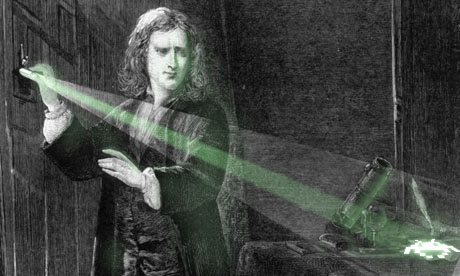NextSpace in Santa Cruz is ending its 2010 What’s Next lectures with a talk titled “Choose Your Own Adventure: The Future of Gaming and Social Media” — 7 p.m. Thursday, December 2, on the UC Santa Cruz campus. Our own Michael Mateas will be one of the panelists, along with CBS Interactive’s Simon Whitcombe and Sol Lipman of AOL / Rally Up.
Per NextSpace: “Two pillars of the digital economy are colliding: Gaming and Social Media. As developers layer more and more of the social graph on the games that we play, the lines between these industry verticals are getting more and more pixilated. Our panel will take a provocative look at this new phenomenon and ask the hard questions, such as: ‘Is social gaming really social?’ and ‘How can innovation in game play and game design impact the social graph?’ With CBS Interactive’s Simon Whitcombe, Sol Lipman of AOL / Rally Up and Michael Matteas of the Expressive Intelligence Studio at UC Santa Cruz, this evening promises to be innovative, iconoclastic and inventive. Join moderator Sandy Skees December 2, for the final installment of the 2010 What’s Next Lecture Series.”
Tickets are $12, $3 with a valid student ID and can be found by calling 831.420.0710 or visiting http://gamingadventure.eventbrite.com/. The lecture will be held in the UC Santa Cruz Theater Arts Center, Heller Dr., Santa Cruz, 95060.
More information can be found at http://whatsnextlectures.com/.
 I’ve attached after the jump the Call for Papers for the first ever Games and Software Engineering Workshop (GAS 2011), which will be held at ICSE 2011 in idyllic Honolulu, Hawaii! Jim and I have been working very hard getting everything together on what promises to be a great workshop, and we’re honored to have such an illustrious program committee. Papers are four page position papers, to be in by January 21st.
I’ve attached after the jump the Call for Papers for the first ever Games and Software Engineering Workshop (GAS 2011), which will be held at ICSE 2011 in idyllic Honolulu, Hawaii! Jim and I have been working very hard getting everything together on what promises to be a great workshop, and we’re honored to have such an illustrious program committee. Papers are four page position papers, to be in by January 21st.


